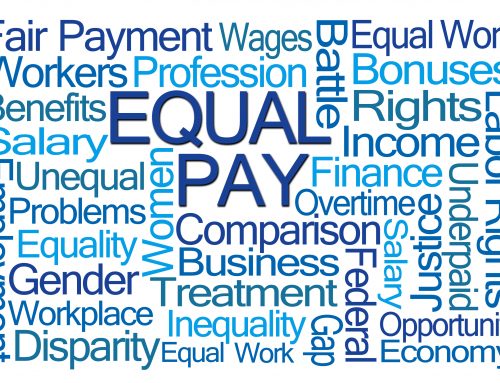 The US is the only developed country that does not offer paid family leave. FMLA, offering unpaid leave to workers in companies with more than 50 employees, was the last major legislation to address the issue. While some larger companies may indeed pay leave or allow workers to use short term disability to cover the gap, middle and low income wage workers have been left with few options.
The US is the only developed country that does not offer paid family leave. FMLA, offering unpaid leave to workers in companies with more than 50 employees, was the last major legislation to address the issue. While some larger companies may indeed pay leave or allow workers to use short term disability to cover the gap, middle and low income wage workers have been left with few options.
The FAMILY (Family and Medical Insurance Leave) Act, a bill co-sponsored by Senator Kirsten Gillibrand and Rep. Rosa DeLauro, was first introduced back in 2013. Support for paid leave appears to be gaining momentum and the bill, which appears to have languished, is getting renewed attention. The legislation would create a national insurance program, funded by small employee and employer payroll contributions (less than $1.50 per week), that would allow workers to take 12 weeks of leave for family or medical reasons and still earn 66% of their monthly wages.
However, an interesting counter proposal appeared in The Wall Street Journal. An attorney in Washington, DC and an American Enterprise scholar objected to the payroll deduction, suggesting that employers would penalize women by lowering wages. Their proposal was to fund paid leave by claiming Social Security benefits early. Then, when these workers reached retirement age, they would delay collecting Social Security, likely for about six weeks. They posit that this will not endanger Social Security’s already precarious standing because the amount of money someone would claim at 26 for the birth of a child is tied to their current wages. Because generally people earn less when they are younger and earn more closer to retirement age, the outlay would not be as much. Additionally, because it would operate through Social Security, there would be no costly government agency to create.
It remains to be seen how the FAMILY Act will fare in Congress; this is the third time it has been introduced. However, serious proposals appearing in the WSJ is an encouraging sign that the concept of paid family leave might soon gain real traction.





